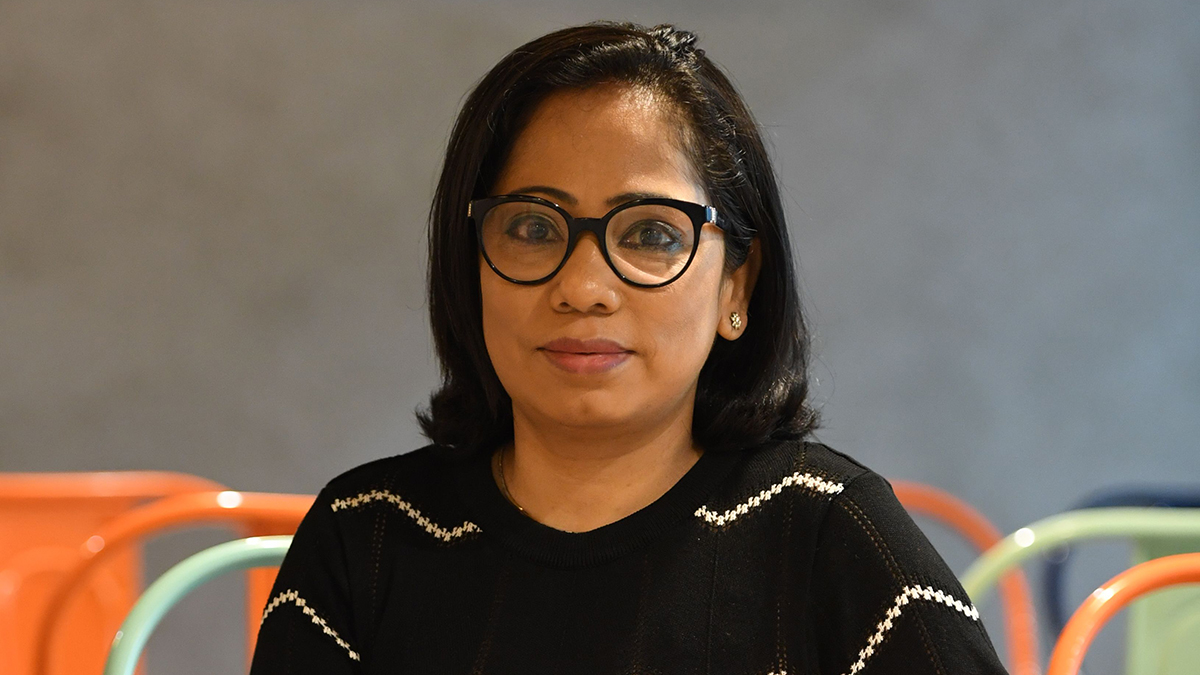Interview/ Anubha Taneja Mukherjee, member-secretary, Thalassemia Patients Advocacy Group
Anubha, a thalassaemia-major patient, is fighting for the rights of thousands like her. An advocate herself, she demands a ‘One Nation, One Blood’ law from the government. In an interview, she talks about the challenges of the disease and the way forward. Excerpts:
Do you think there is a lack of awareness about thalassaemia?
Yes, and I think the reason is that there is no national-level control or prevention programme like for polio or tuberculosis or even sickle cell anaemia, which is also a disability under the Rights of Persons with Disabilities Act 2016, just like thalassaemia. The situation is very strange.
Do you think the medical fraternity is doing justice to thalassaemia patients?
I would not doubt the intention of the medical fraternity at all because the very fact that I am sitting here in front of you means that I have been taken care of. The medical fraternity is trying to do their best. We have devoted doctors. But they can only do as much as the infrastructure allows them to.
What is the government’s response so far and what are your expectations?
Their are certain policies for thalassaemia but their implementation needs to be better. I would like to talk about a blood law, which is absolutely necessary. When I talk about thalassaemia, our most primary requirement is that of blood. Neither is there enough blood nor appropriate facilities with regards to it. There needs to be a massive campaign, a national-level campaign on voluntary blood donation because that is the safest form of blood and it ensures that a person is healthy and donating voluntarily. Second, donor selection and donor counselling are crucial. As we speak, there is a public interest litigation in the Supreme Court by the transgender community asking for a right to donate blood voluntarily. It is paradoxical that on one hand we lack blood, and on the other, a community that wants to donate is not able to do so. I agree that they fall in the high-risk category but rather than disallowing them we should develop enough infrastructure for proper blood screening. The government should mandate world-class blood screening methodologies. There is a spectrum of tests available varying in cost. The government needs to come up with policies, and prevention needs to be part of the legal and regulatory framework. These are some areas where urgent intervention is required.
At a workshop on blood transfusion, there was a point of contention over the affordability of tests like NAT, especially for the poor. How important does the government's role become in such a situation?
Certainly, there is a need for financial resources. The government should mandate tests like NAT across India and support infrastructural development. Like in Covid-19, where phased rolling out of the vaccine happened, a similar thing can be done with NAT.... There are Supreme Court judgments observing that cost cannot be an excuse for the government to deprive a citizen of their right. If people can be concerned about bad air quality in Delhi, then they should also be concerned about unsafe blood.
What keeps thalassaemia patients like you going?
It is thalassaemia that stops me and it is thalassaemia that keeps me going, too. If I did not have thalassaemia, I would not have had the survival instinct and a fighting spirit. Personally, I think that society has invested a lot in me. I have received blood from strangers. I feel indebted to them. I feel indebted to my parents because they brought me up in a normal way. I have got slapped for not doing my homework. My mother exposed me to debating. I want to do something for thalassaemia patients because if not me, then who?
What is the roadmap?
First and foremost, we want to talk about a blood law as much as we can. We are working with the government to come up with a draft for a blood law. Besides, screening method that the government considers the best should be mandated. There is a lot of talk about genetic editing and gene therapy. We would like to work with the government to make this accessible to Indian patients. And last but definitely not the least is prevention. ‘One Nation, One Blood’ is our vision. If one GST can happen, why can’t One Nation, One Blood? Different states are getting different types of blood. How can we allow that?


